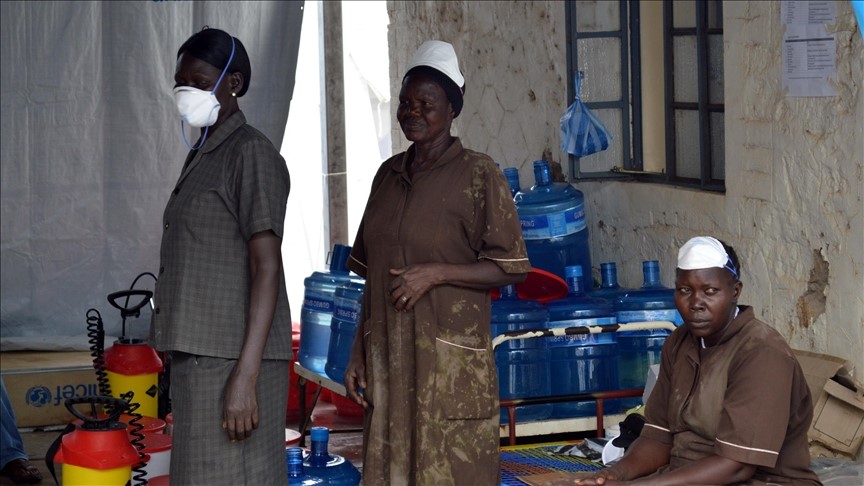By William Madouk
Hygiene-related diseases, including Cholera, have surged in the country, causing concerns of ensuring preventive measures.
Health personnel call on the public to prevent further transmissions through proper hygiene practices, as measures to contain Cholera outbreaks continue.
Cholera is an acute intestinal infection caused by contaminated food and drinking water.
It presents with diarrhea, severe dehydration and death if treatment is not promptly given. Children under five and the elderly are particularly vulnerable.
As of Friday, over 6,000 cholera cases have been recorded nationwide, according to Micheal Makuei, the minister of information.
“Cholera is available nowadays in South Sudan. It has started again, but it is now spreading all over, and up to now, we have lost about 60 people and recorded about 6,000 cases of cholera,” said Makuei.
Earlier, the government and UN agencies stated that they began vaccinations in response to a cholera outbreak in South Sudan after it recorded a total of 2,184 cases and 31 deaths were reported.
According to a joint statement issued early this week by the Ministry of Health and UN agencies, the outbreak is impacting refugees, returnees, and residents alike.
The high concentration of people in transit centres and camps, coupled with limited access to clean water, poor sanitation, open defecation, and inadequate hygiene practices, has exacerbated the crisis.
In March, the World Health Organization (WHO) and the Children’s Agency – UNICEF reported that more than half of the population in South Sudan still practice open defecation.
The 2023 report said that basic sanitation reduced from 16% to 14%. Open defecation cases, on the other hand, reportedly rose from 60% to 63% with access to basic water supply declining from 41% in 2010 to 39% in 2020.
With cholera at the doorstep, what could raise an eyebrow is – the report revealed that over 60% of South Sudan’s population had no access to safe and clean drinking water and majority answered the call of nature in an open space.
Pal Mai Deng, minister of Water Resources and Irrigation minister, said the three-day conference developed a clear roadmap for transitioning from the humanitarian dependency syndrome to sustainable development in all sectors of the country.
“The government and development partners reiterated their commitment to achieving sector targets and announced progress towards sustainable development of the WASH sector,” he stated.
However, health experts advised that hand hygiene is at times overlooked but it is very effective as well as drinking of clean, boiled or chlorinated water.
“Prevention methods against cholera include improved sanitation and access to clean water. Cholera vaccines that are given by mouth provide reasonable protection for about six months,” he said.
Another primary treatment for affected individuals is oral rehydration salts (ORS), the replacement of fluids and electrolytes by using slightly sweet and salty solutions. In children, zinc supplementation has also been found to improve outcomes.
Ministry of Health urged for promotion of hygiene campaigns such as personal hygiene, Jerrycan cleaning, household hygiene, increased access to clean water and soap for hand wash and danger of open defecation.
The initial cholera cases were traced to neighbouring Sudan, where an outbreak has affected over 40,000 people. Since April 2023, more than 880,000 people have fled Sudan, with many crossing into South Sudan via Renk County.
The UN is supporting transit centres to provide rest and essential services for those arriving.




